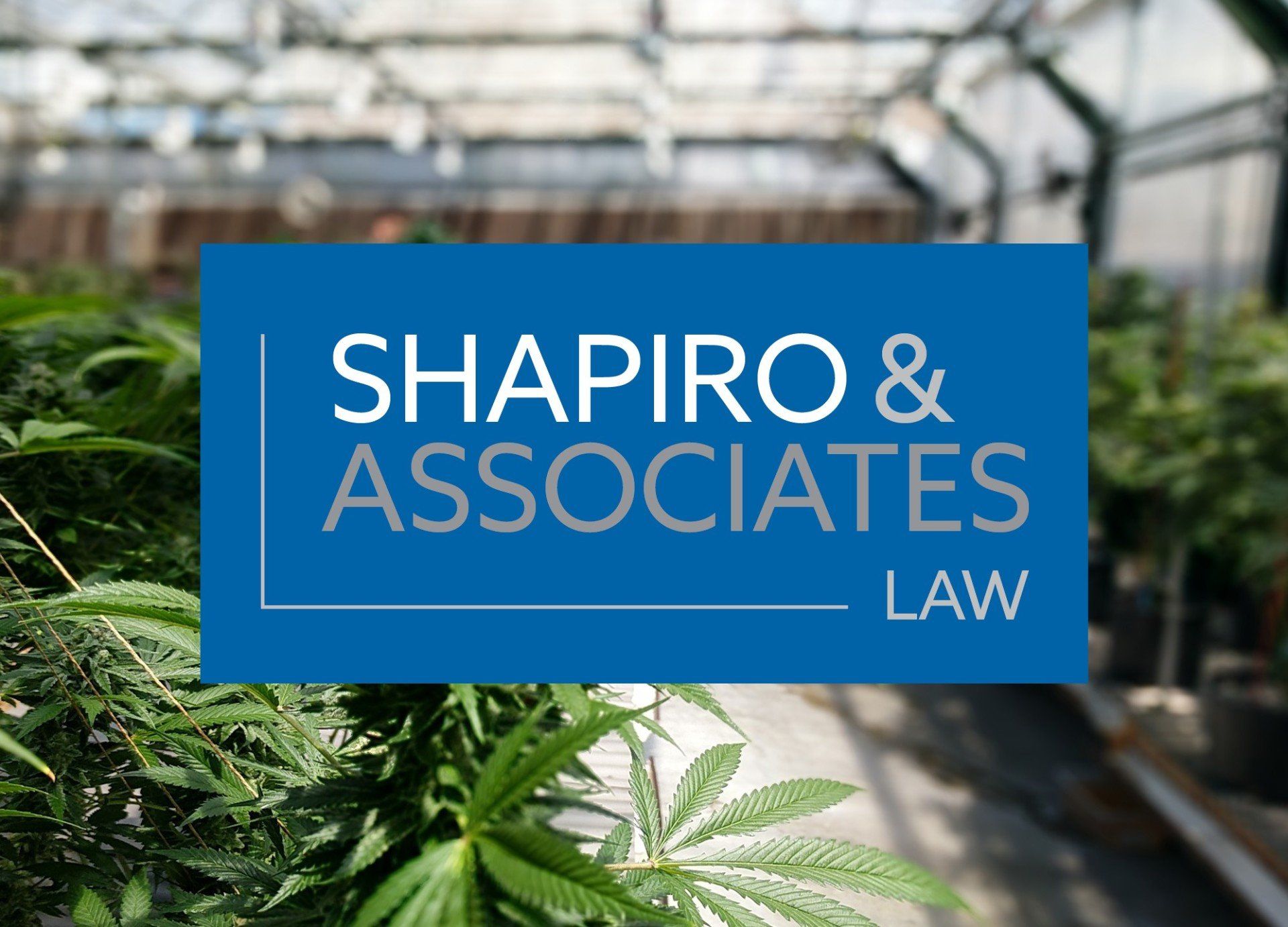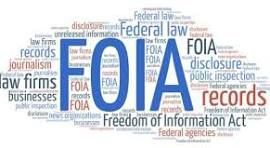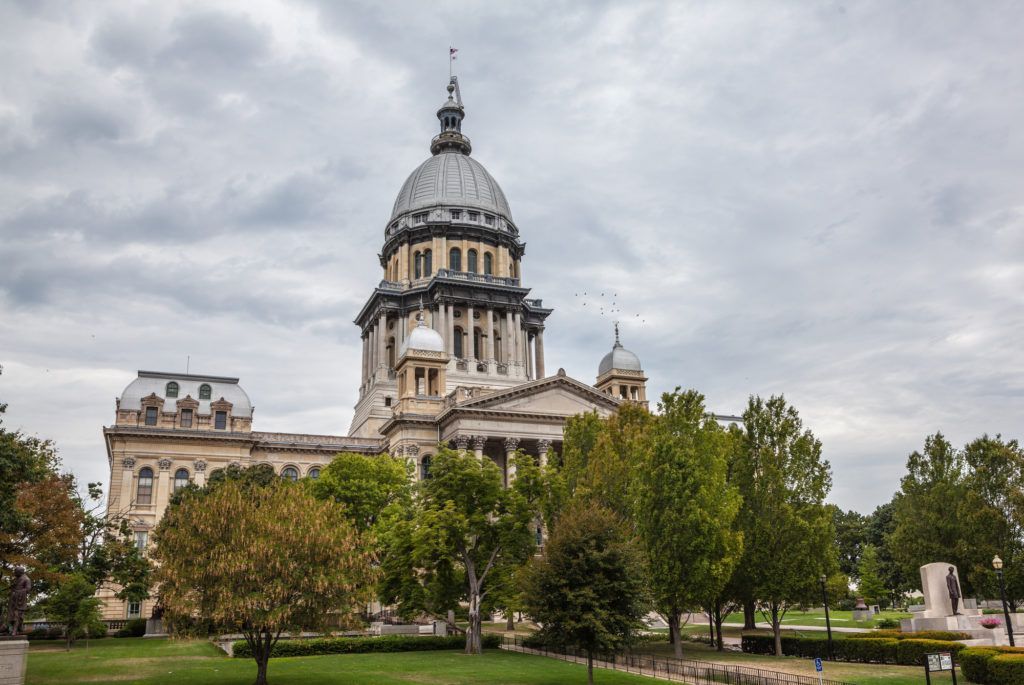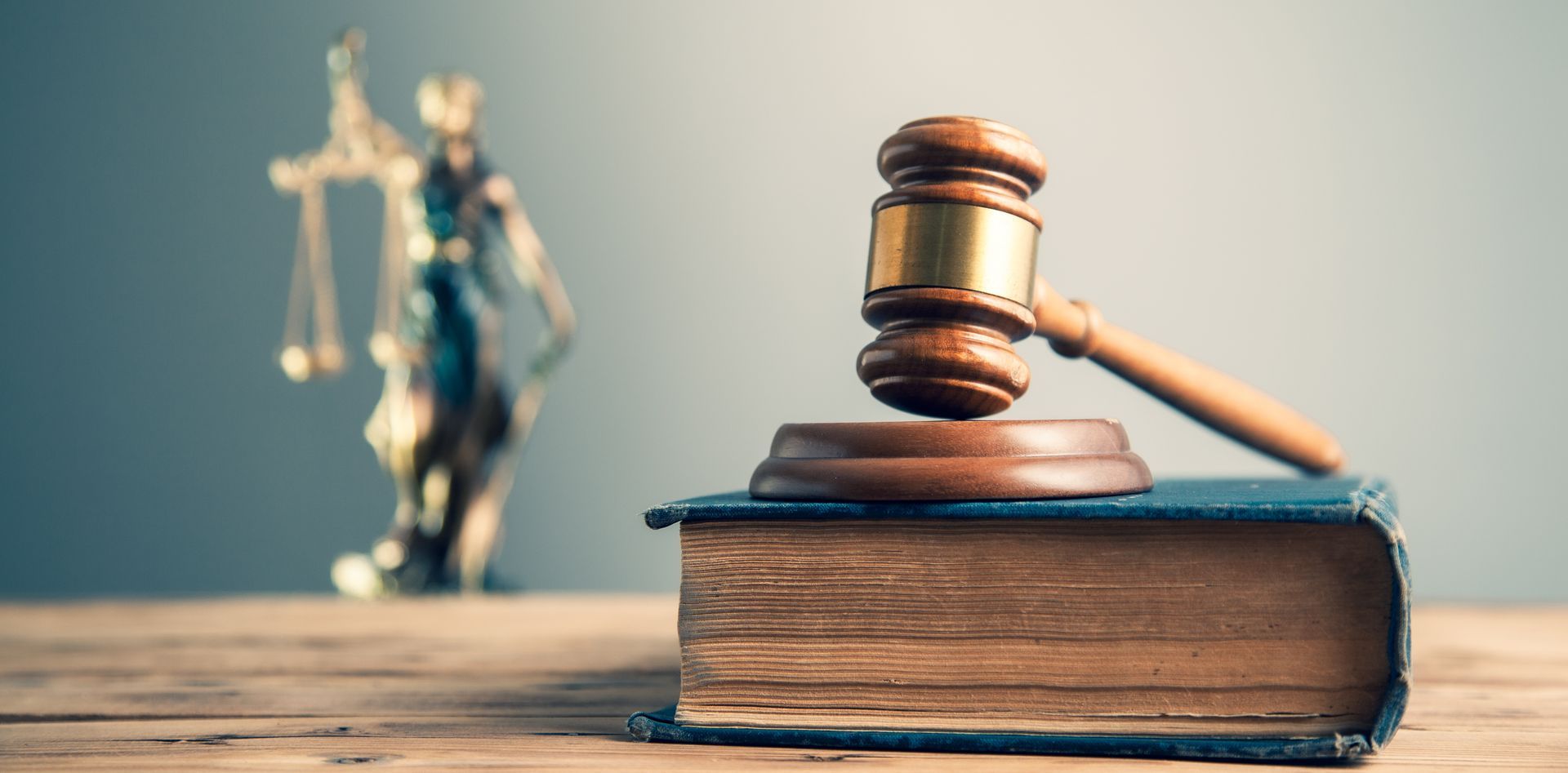
Getting in the zone for cannabis
Dispensary applicants can get a head start on zoning considerations while they await the issuance of licenses

Even though Illinois postponed the deadline to issue new dispensary licenses, now is not the time for applicants to idly sit by. In addition to responding to deficiency notices sent by the State, applicants should be identifying potential dispensary locations. Once conditional dispensary licenses are awarded, successful applicants will have 180 days to “find a suitable physical address in the opinion of the Department [of Financial & Professional Regulation (“IDFPR”)]….” 410 ILCS 705/15-25(e). While an extension of 180 days is possible, it is subject to IDFPR’s discretion and will only be possible if the applicant has “demonstrated concrete attempts to secure a location and a hardship.” Id.
The process of securing real estate and obtaining zoning can be a complicated process even for conventional projects, let alone a novel and potentially controversial project like the location of a cannabis dispensary. It can easily take three to six months to get local government zoning approvals. However, more complex or controversial projects can take even longer.
During those months, applicants will be undergoing a multi-step process that will likely include:
- Completing the appropriate zoning application(s),
- Preparing materials including extensive project planning documents for the specific location (which were not required for the application to the State),
- Working with local government planning staff to ensure all materials are properly submitted and a hearing date is set,
- Preparing and/or providing legally required forms of notice to surrounding property owners,
- Presenting the application and project at several meetings and/or public hearings,
- Addressing questions and concerns of planning staff, local officials and members of the public, and
- Convincing the local officials to vote in favor of the application.
Before an applicant can even begin taking those steps, it first must determine in which community it wants to locate. While in the typical analysis for traditional retail market capacity and real estate availability are the most important factors in location decisions, zoning calculations play a critical role for cannabis businesses. Unlike other retail, cannabis businesses face a wide array of local zoning regulations including limited geographic areas or even complete prohibitions from the community.
Depending on the community in which an applicant seeks to open and on the project team the applicant assembles, the time required to get zoning approvals will vary greatly. In an industry and economy where every day counts, the difference of several weeks or months could make or break a new company. Shapiro & Associates Law excels in helping its clients through the zoning process of communities throughout Chicagoland and Illinois in an effective and cost-efficient manner. We are more than happy to offer guidance on these considerations during these uncertain times.

CONTACT US TODAY
Contact Us
We will get back to you as soon as possible.
Please try again later.
LOCATION
570 Lake Cook Road, Unit 119
Deerfield, IL 60015
Shapiro & Associates Law | All Rights Reserved |
Created by Olive + Ash.
Managed by Olive Street Design.









